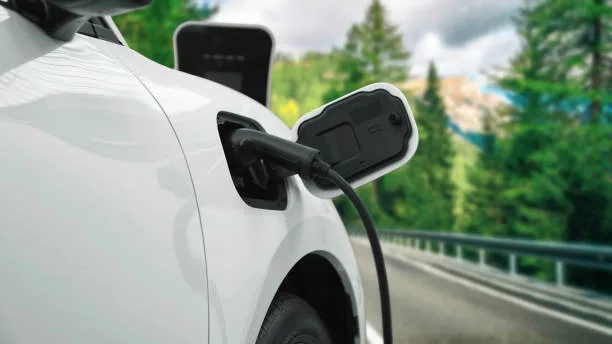In their quest to achieve net-zero greenhouse gas emissions by 2030, Washtenaw County, Michigan, found itself at a crossroad. The challenge of implementing their 2022 climate action plan loomed large amidst concerns about limited staff, scarce funding, and a dearth of actionable data. Mary Braun, Washtenaw’s energy and sustainability coordinator, faced a bureaucratic puzzlement: How does one begin the electrification of an entire vehicle fleet?
Braun’s predicaments were not unique; they echoed the broader uncertainties surrounding municipalities nationwide as they grapple with climate commitments. Help came in the form of the U.S. Department of Energy‘s (DOE) Clean Energy to Communities (C2C) program. Through its Expert Match offering, Washtenaw County gained the opportunity to connect with the National Renewable Energy Laboratory (NREL) and other national labs for three to four months of technical assistance keenly focused on achieving near-term energy goals.
Strategizing Electrification with Expert Guidance
As Washtenaw County and other communities like New Haven, Connecticut, paired up with expert researchers, they began to explore how electric vehicles (EVs) could propel their clean energy aspirations. Without an initial wealth of data, these communities relied heavily on the expertise provided by the national labs.
For Washtenaw, this partnership meant receiving an EV fleet analysis from Argonne National Laboratory (ANL) researchers, who employed the TechScape techno-economic tool to evaluate the costs, emissions, and energy savings of electric, hybrid, and plug-in hybrid vehicles. Factoring in the Inflation Reduction Act‘s tax incentives, they furnished Washtenaw with a clear roadmap for fleet electrification.
In parallel, New Haven’s journey started with ground-level information as they desired to institute a zoning and permitting ordinance for EV charging stations. ANL’s environmental analyst Marcy Rood and local Clean Transportation Communities coalitions extended their insights, laying options before New Haven’s policymakers considering implications for all communities, including the often marginalized.
Equipping Washtenaw with an Electrification Blueprint
The meticulous evaluations and support assisted Washtenaw County in sketching out its EV integration, further highlighting the necessity of a robust EV charging infrastructure. Charbel Mansour from ANL underscored the significance of strategizing deployment locations and charger types to facilitate this transition.
Furthermore, in New Haven, discussions fueled by the EVI-Equity tool developed by NREL led to profound insights into equitable EV adoption and infrastructure placement, ensuring disadvantaged neighborhoods wouldn’t be left behind. NREL researcher Dong-Yeon Lee brought attention to the nuances of household expenditure patterns and parking space availability, integral for crafting the city’s charging station map.
New Haven’s Legislative Strides and Washtenaw’s Financial Prospects
Armed with a wealth of data and policy options, Braun of Washtenaw County anticipated that the information exchange would bolster the county’s efforts to secure funding for transitioning to an EV fleet. The involvement of Michigan Clean Cities, identifying potential financial avenues, further underscored the blended strategy of technical and fiscal preparedness.
In New Haven, empowered by the support received, the city forged ahead, drafting an ordinance ready for legislative consideration. The collaboration efforts also prompted New Haven’s involvement in the C2C Peer-Learning Cohorts, allowing them to share knowledge with other municipalities about planning and funding EV charging infrastructure.
Accelerating Clean Energy Transitions Nationally
The examples of Washtenaw County and New Haven epitomize the C2C program’s dedication to bridging the gap between aspiration and actualization in community clean energy projects. The shared expertise of national lab researchers and local coalitions exemplifies how tailored technical assistance can illuminate the path towards resilient and inclusive clean energy systems across the nation. C2C continues to invite community partnerships, offering the perspective needed for effective clean energy decision-making and infrastructure development that align with both regional and local imperatives.

























